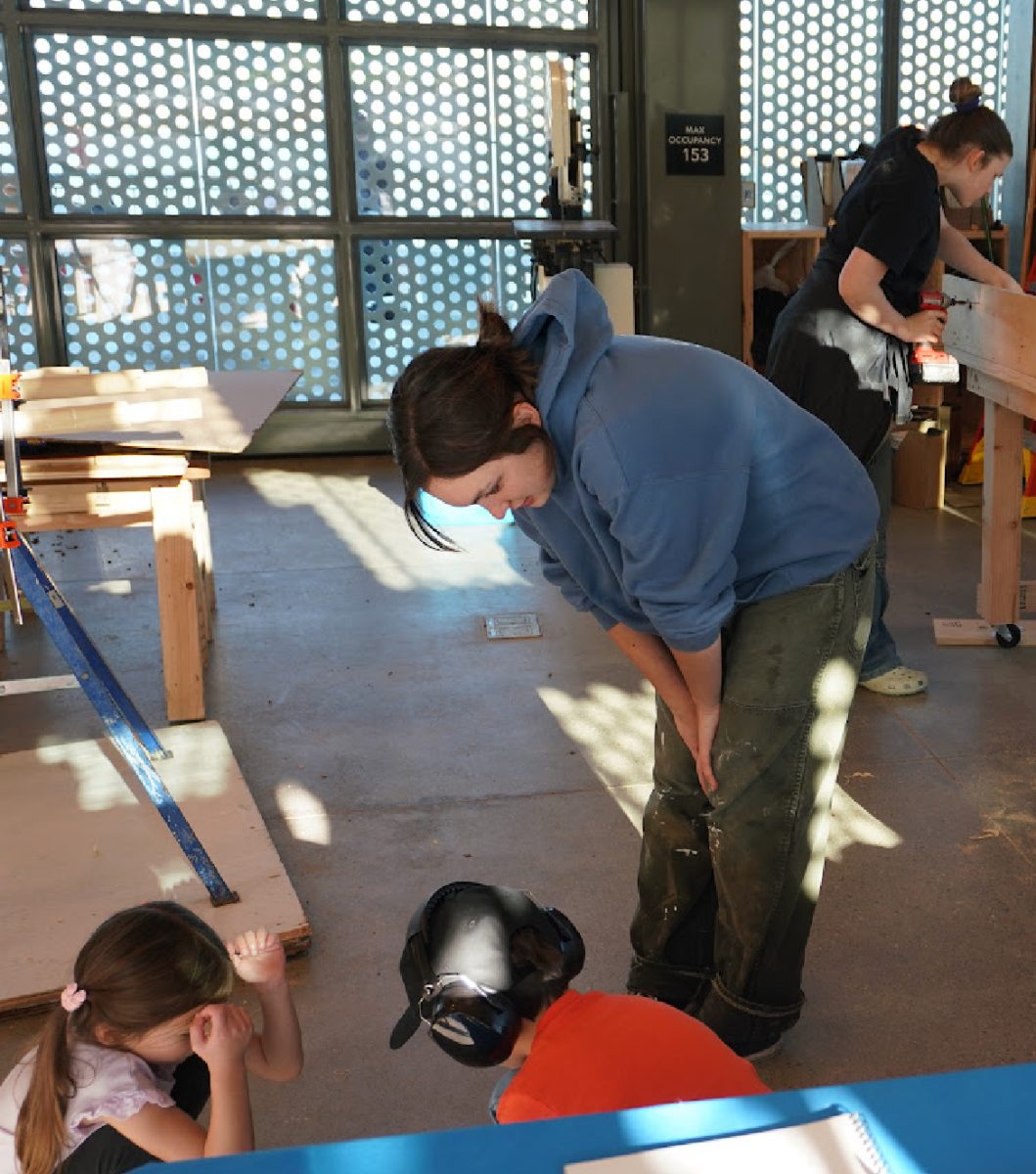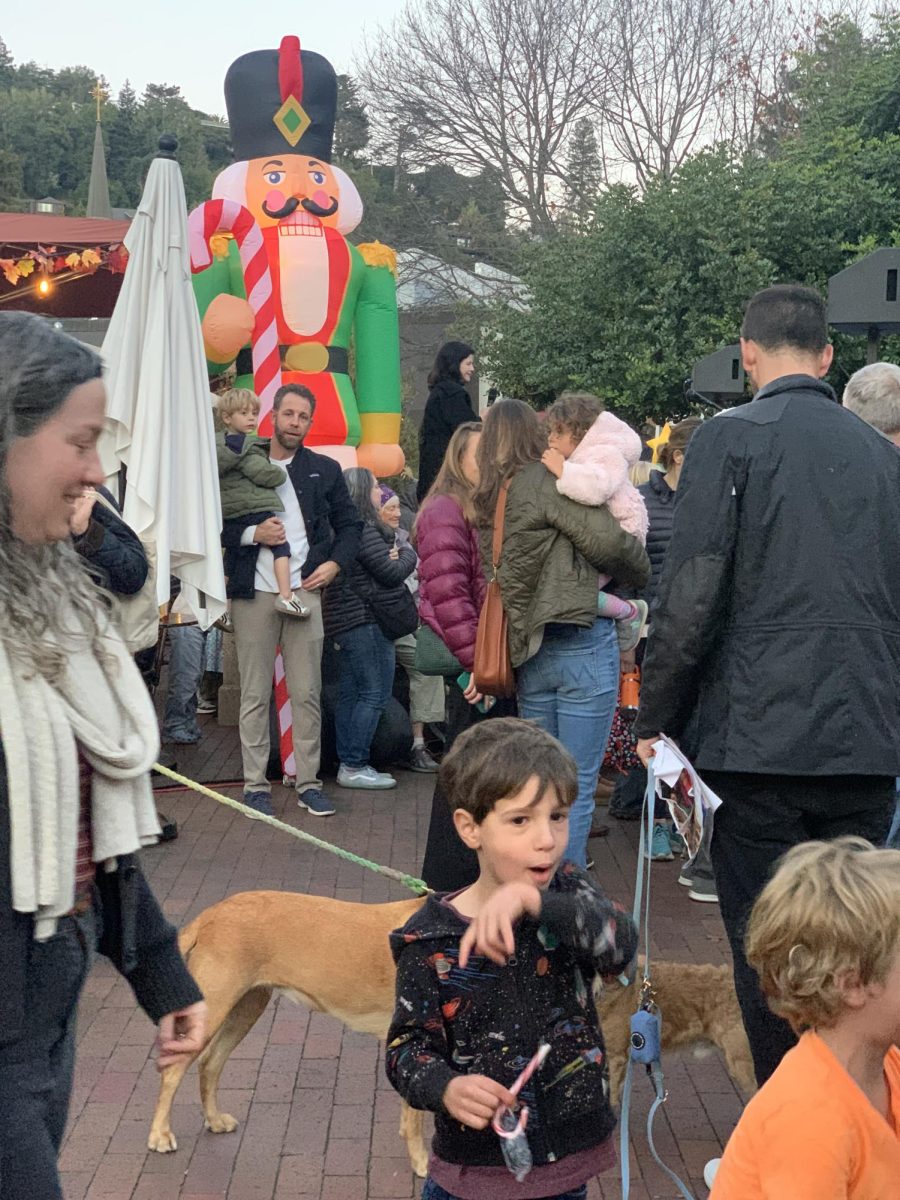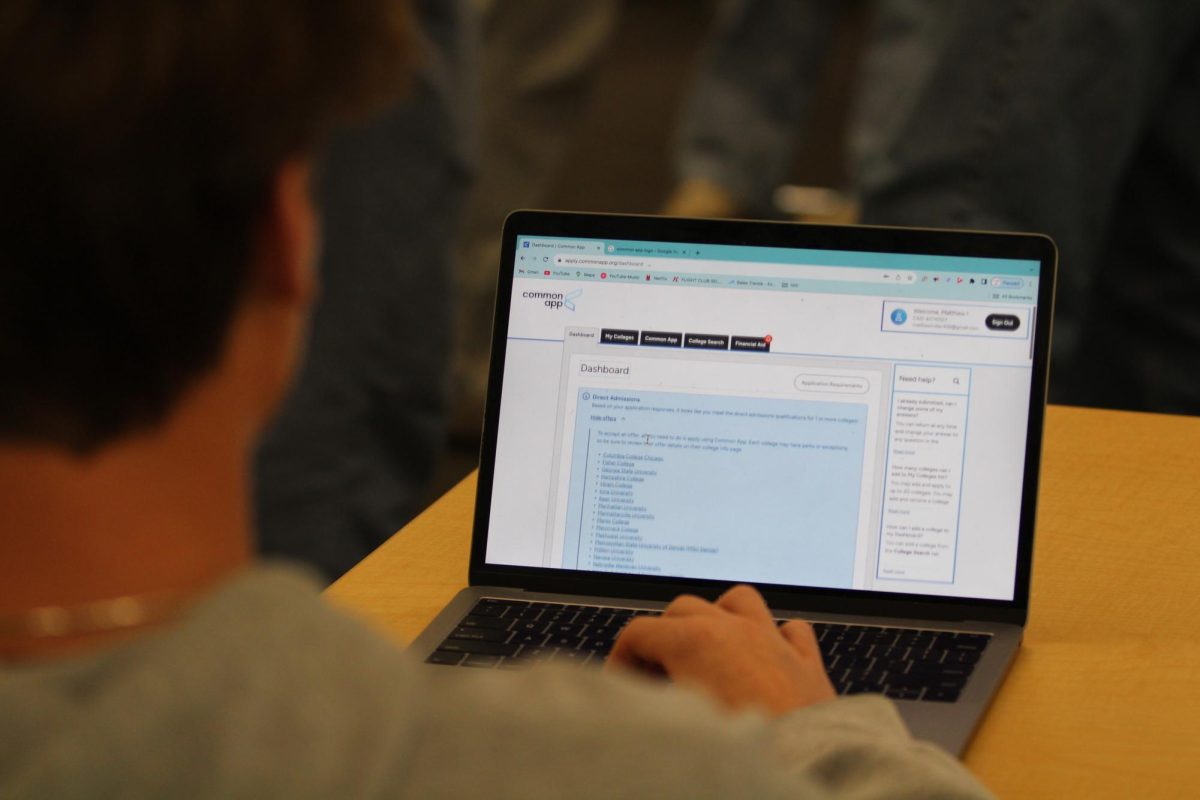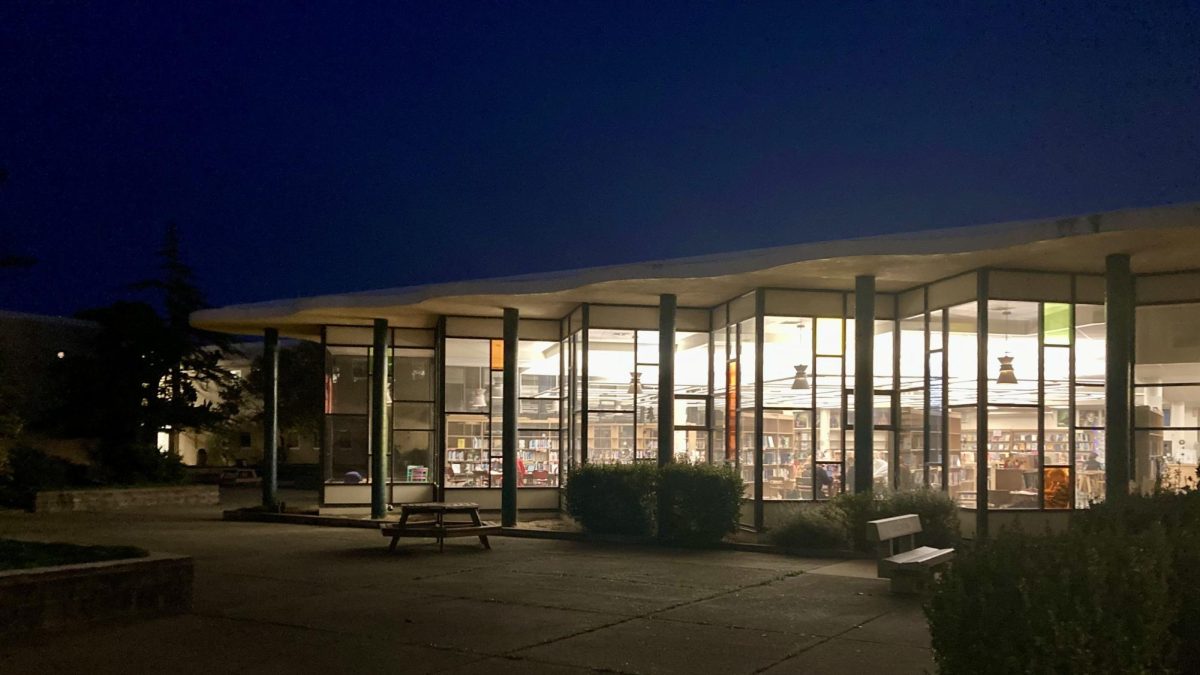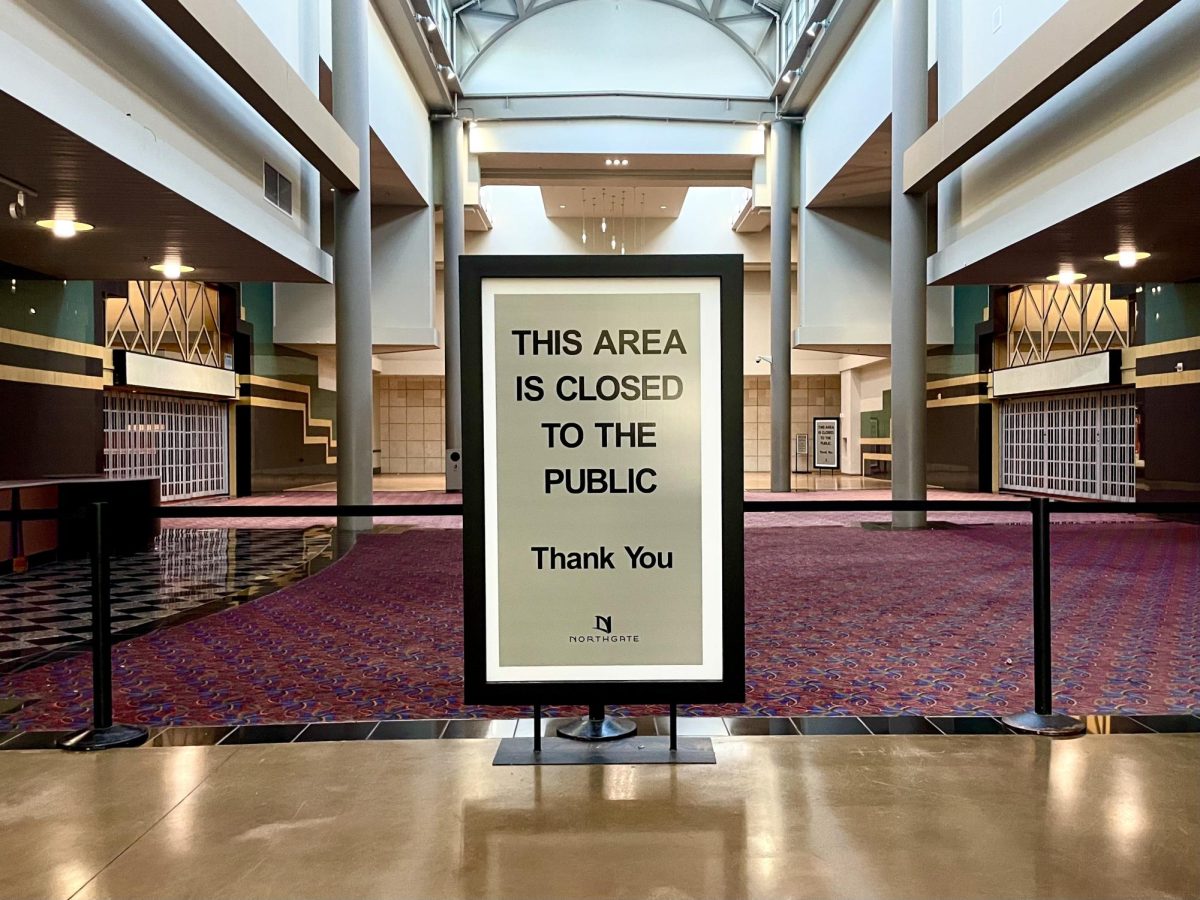During next Tuesday’s election, one measure has the potential to dramatically impact the classroom for Tam District Students.
Measure B, a straight renewal of the district’s current parcel tax, would continue to bring in $8.8 million collected annually, if approved.
This represents 16 percent of the district’s budget.
If the tax is not renewed, teacher layoffs and major cuts to elective programs could be among the first areas for the district to cut spending.
The flat rate parcel tax of $238.78 per piece of property per year would be paid by property owners with the same three percent increase annually for the next 10 years as the previous tax, if approved for renewal. A two-thirds majority vote is needed to pass this measure, as is the case with all parcel tax renewals. Senior citizens 65 and older qualify for exemption from this tax.
Several administrators from the district and Redwood said that if Measure B is not approved, education quality will most likely suffer.
“I cannot imagine this [would] not impact the classroom,” said TUHSD Board President Cindy McCauley. “It’s just going to be impossible.”
McCauley said that most areas that could be cut without directly impacting the students have already been consolidated.
“We already made some pretty major cuts a couple of years ago, $4.5 million,” she said. “At that time it was really the classified staff and the district office where cuts were made, and we kept it away from the classroom.”
According to McCauley, those cuts represented about eight percent of the budget at that point in time. McCauley also said that 19 people were laid off during those cuts two year ago.
“We found we were heavy on classified staff, and some of our district office administrators could consolidate,” she said.
Opposition to Measure B has been publicized by Marin United Taxpayers Association. MUTA board member and secretary for the Marin County Libertarian Party Joe Salama said that a major concern of the groups he represents is dependency on high property taxes as opposed to educational pension and salary reform.
“We need to re-work how salary structure is done and cut pensions, because that’s where the money should be coming from,” Salama said.
According to Kimbrel, Measure B is a separate issue from such reforms.
“Our pension obligations are set by law,” Kimbrel said. “We have no choice. Whether we have Measure B or not, whether we have this $8.8 million, we still have to pay our pension obligations. The other piece that I think a lot of people forget is that teachers pay half their pension.”
Redwood Principal David Sondheim said he imagines that if the tax does not pass, any resolution would involve teacher layoffs.
According to Sondheim, the district’s budget is about 80 percent personnel costs, and a 16 percent cut would leave almost no funds for anything besides salaries if no layoffs were made.
Sondheim also said that aside from layoffs, the structure of the school day and classes offered could be changed without the passing of Measure B.
“There are lots of schools in California that can’t afford to have a seven period day,” Sondheim said. “Usually you get to take an additional elective, allowing you to pursue something you care about, something that is a little outside of the core academic content.”
Aside from speculations, Sondheim, Mcauley, and TUHSD superintendent Laurie Kimbrel all said that there is no certain information about such cuts at this time.
“Anyone who tells you that they think they know what would be cut doesn’t know,” Kimbrel said. “It would be a series of discussions with our community, our teachers, our administrators, and our trustees.”
Kimbrel said that although Measure B would almost certainly be placed on another ballot if it does not pass next week, it would be very costly to the district.
“The cost to the district for a special election would be about $750,000,” Kimbrel said.
According to Kimbrel, a special election by mail could alternatively be called for at a lower price, about $600,000.
The cost of a special election is high because the county chargers on a per voter basis, and the Tam District area has a high population of voters, about 78,000 individuals.
An alternative to a special election would be placing the Measure on the June primary election ballot, which would cost about $200,000, the same amount it cost to place it on the November ballot.
Kimbrel said that there is a very high chance the board of trustees would vote to place the measure on a special election ballot instead of on the June ballot.
“If we waited to do it until June, it would be less expensive, but it’s a primary election, so there’s lots of voter turnout,” Kimbrel said. “We are likely to have a whole lot more ‘no’ voters if we waited until the June election.”
Salama said renewing this parcel tax would increase the district’s dependency on property taxes, a revenue source he said he considers unsustainable.
As a basic aid funded district, 76 percent of the Tam District’s funding comes from local property taxes separate from Measure B. Five percent comes from other local sources, two percent comes from the state, and one percent comes from the federal government.
“Measure B not passing will not change any of that. We’ll just be scrambling trying to get money to keep funds in our district,” said Sydney Joyner, a committee member of the pro-Measure B community group Citizens for Tam District High Schools.
Because not all of the citizens living in the Tam District have children in the schools, Joyner said that the campaign has been about more than just maintaining the quality of the schools.
“One of the big things is good schools create good property values, and it’s really important that that message is out there,” Joyner said. “If you only have 9,000 people that are even possibly going into these schools, and you have 77,000 voters, you’ve got to have another hook.”
The Marin Association of Realtors publicly endorsed Measure B, and remains neutral on all other ballot measures in this election.
Parcel taxes in Marin have had very high pass rates in the past. Of the 26 Marin County school district parcel taxes voted on since 2001, 100 percent passed either on the initial vote or in a succeeding special election, according to the Marin County elections department.
However, margins of passage for the legislation are not always large. In 2009, a Novato Unified School District parcel tax passed in a special election with 68.72 percent of the vote, narrowly passing the 66 percent needed.
Funds from the parcel tax become part of the general fund for the district, and are not conditional or limited in the way that funds from the state or bonds often are.

